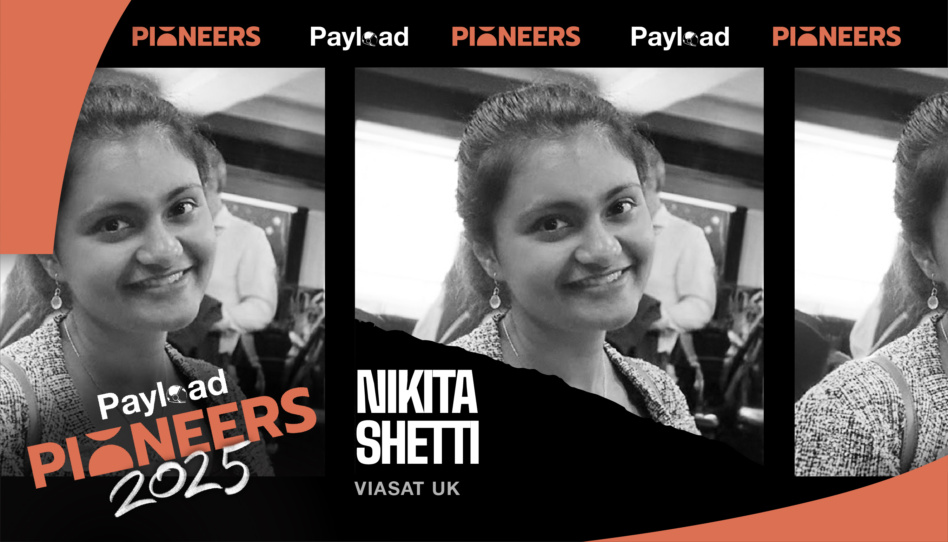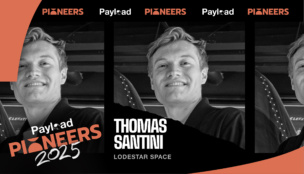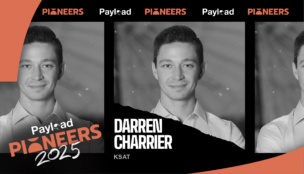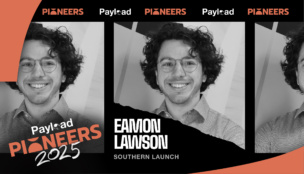As a child, Nikita Shetti was in awe that engineers and scientists could know so much about what happens in space. Now, she’s in the control seat.
She began her career with a three-year stint at Airbus Defence and Space, overseeing RF equipment before satellites launched. This year, she joined Viasat UK as a satellite-resource engineer, where she’s working to make the world a more connected place by planning transmissions of the Viasat constellation.
“It’s good to get the big picture of the satellite, both pre-launch and post-launch as well,” Shetti told Payload. “It definitely fixed the jigsaw puzzle.”
On and up: Shetti’s goal is to keep building her knowledge of what makes a satellite tick, to eventually lead larger and larger projects.
It stems from a forward-thinking attitude. Back in academia, she led projects that looked into recycling satellite parts, to mitigate the growing pool of debris on orbit. She also has organized roundtables, as part of the Space Generation Advisory Council, to encourage the next generation of space engineers to keep researching these “really futuristic ideas.”
Join up: In fact, Shetti spends a lot of her time making sure the future space industry will be in good hands, both by encouraging more women to join the industry, and visiting schools and universities to impart her knowledge on the next generation.
As a member of the Royal Aeronautical Society, she presented a paper to the International Astronautical Congress to show how diversifying the workforce can improve the UK’s space industry.
“Having more women join space and technical fields…can definitely help bridge the skills gap,” Shetti said. “Through diversity and inclusion, I also feel we can tap into a greater pool of talent, which is why I like to speak at events…to emphasize how important it is.”





